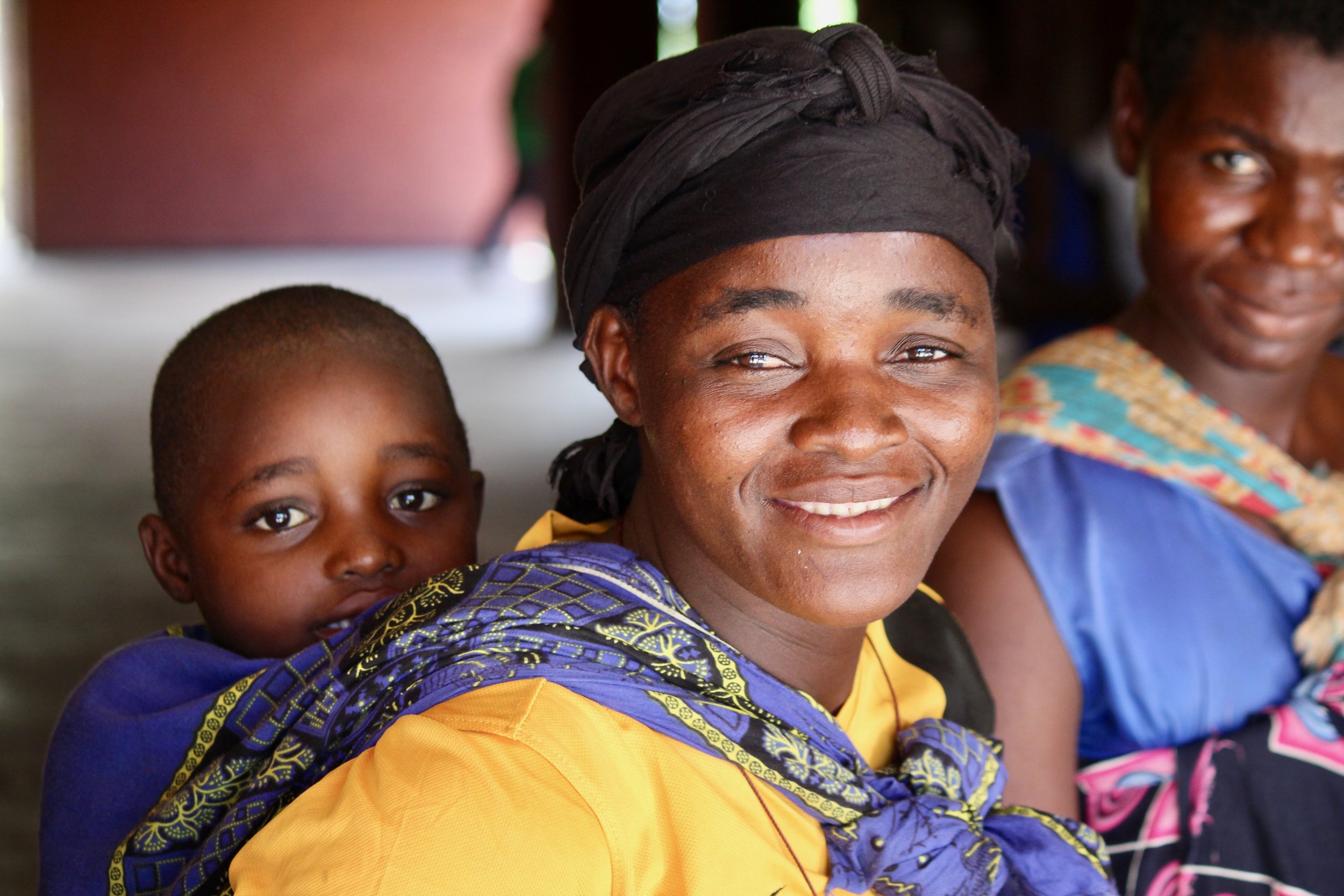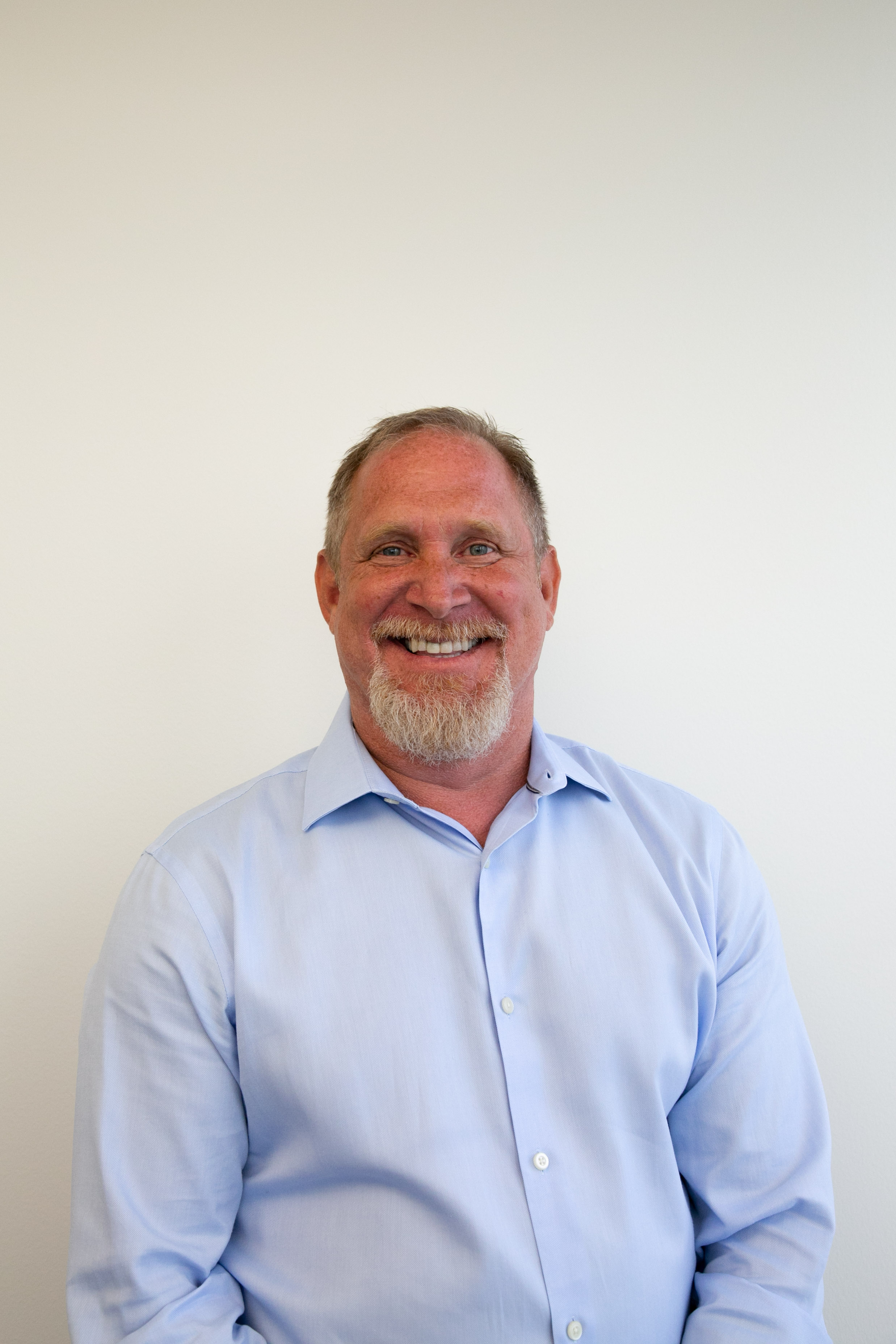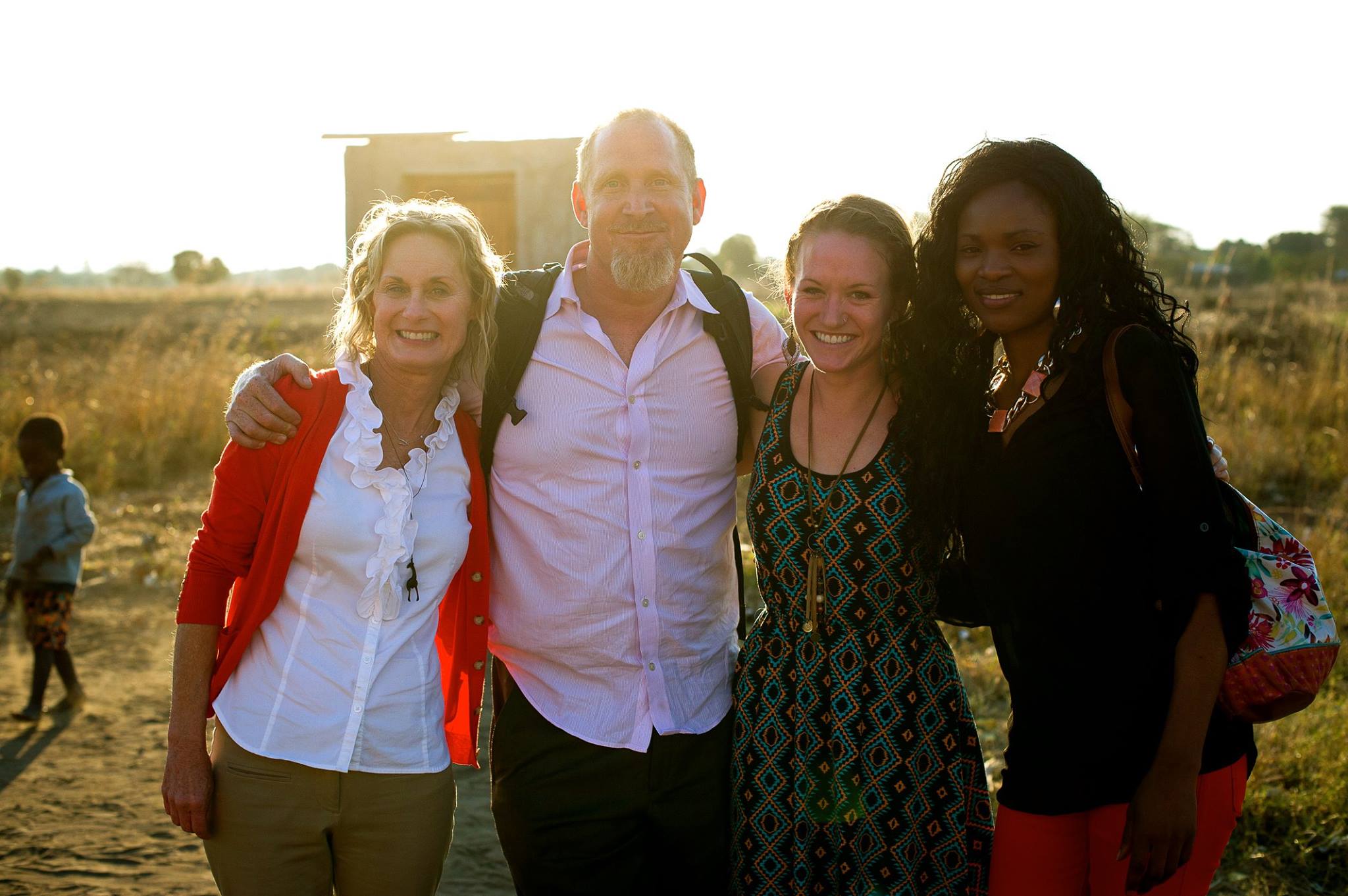For those of us in the United States, the AIDS crisis is one that impacted our communities most publicly in the 1980s. For years after the initial impact of the disease domestically, doctors and researchers sought to find cures for this deadly illness, and with improved treatment options and better prevention methods, death rates in the U.S. have declined significantly since then. But this is not the case for many around the globe.
Imagine a mother in a developing country entering a hospital for a routine pregnancy exam. She’s excited and happy, thrilled at the thought of welcoming a baby into the world. And then she takes a standard test for diseases, one she thinks she’ll pass with flying colors. But when she gets the results back, she finds out she’s HIV positive. She’s horrified both for herself and for her unborn child. She not only needs to get healthy but she needs to prevent her child from getting the disease. And for so long, there was no way to help mothers like this one, nor her unborn child. But Brad Gautney wanted to find a solution for this crisis.

A mother and baby visit a clinic in Malawi. | Photo courtesy of Global Health Innovations.
Brad experienced the breadth and depth of the AIDS crisis firsthand while living in Haiti for a three-month internship in 1990. He worked in a pediatrics unit at a hospital that primarily served children whose parents had died from AIDS. Because this clinic didn’t have the ability to test the babies to determine whether or not they, too, had the disease, most of them perished.
“I was heartbroken after continually seeing babies die unnecessarily,” Brad said. “To be honest, we buried too many of these children and I knew I had to do something to change what was happening in Haiti.”
Brad and his wife, Monica, moved to Haiti shortly after the internship to run a rural clinic in the northern part of the country. Their goal was to continue working with mothers and babies afflicted by HIV, but there still wasn’t a way to test these newborn babies for the disease. After preliminary research, Brad designed a testing model utilizing HIV DNA PCR testing in the country to determine which babies had inherited HIV from their mothers. Brad had a relationship with Johns Hopkins School of Public Health, where he obtained his Master of Public Health and Pediatric Nurse Practitioner degrees, and he partnered with them and Johns Hopkins School of Medicine to design a pilot program in the region where they worked. He and his team collected samples and then mailed them overnight to the School of Medicine at Hopkins for testing. The laboratory there would provide the results, allowing Brad and his crew to know which infants were actually positive and could be started on life-saving treatment.

Brad Gautney. | Photo by Hunter Lacey.
“This process worked so well that the Haitian government asked us to initially replicate this process for several more hospitals and then eventually the country,” Brad said. “As a result, we launched Global Health Innovations.”
The nonprofit (GHI) was launched as an American 501(c)3 as a result of this experience in Haiti. Brad and his team were busy with testing and treatment plans, and things were going smoothly until they hit a game-changing road bump with Johns Hopkins: the laboratory there was doing more testing for Brad’s HIV program in Haiti in a single month than they were doing in all of America in an entire year. They couldn’t keep up with the demand, and they needed to stop the program.
Two days later, after being connected with a doctor in Kenya through a mutual friend, Brad was a on a plane to East Africa. He had learned that the National Laboratory in Kenya might be willing to do the life-saving testing needed to do throughout Haiti to keep their project—and their patients—alive.
“The doctor said to me, ‘If you can get Haitian samples to Nairobi, we’ll test them for you,” Brad said. “This was in 2008. One year later, 95% of Haitian infants born to HIV-positive mothers were being tested in Kenya.”
Even though this was a good solution at the time, Brad and his team wanted something sustainable for the work in Haiti. By 2010, the US CDC built a laboratory in Haiti and utilized the samples sent to Kenya to validate and now begin to start performing all HIV testing for children in-country. From there, as they say, the rest is history. The Kenyan government reached out next, proclaiming that they, too, wanted to have a GHI program in East Africa. Once they were established in Kenya, GHI spread throughout Africa to Malawi, Tanzania, and Nigeria.

The Global Health Innovations team in Malawi. | Photo courtesy of Global Health Innovations.
After spending several years in Haiti, Kansas City and a year abroad in London, Brad has established GHI’s headquarters in Dallas. As a native Texan, he’s thrilled to be back in his home state.
“I love the spirit of the people in Dallas,” Brad said. “After living around the world, from Haiti to England, I can attest to the fact that there is a spirit of kindness and truth that I love in the people of Dallas and haven’t found anywhere else.”

Mothers and babies with Brad Gautney in Kenya. | Photo courtesy of Global Health Innovations.
The most rewarding part of GHI’s work is watching healthy babies grow up with mothers who are able to care for them. Brad shared a moving story of a recent return to Kenya where healthy mothers visited his team with their happy babies.
“Moms and babies came from remote villages to say ‘our children are proof that this process works,’” he recounts with tears in his eyes. “They are champions of the system. It’s hard sometimes being in the States, just seeing the numbers on data sheets. But when we’re abroad we’re reminded that each statistic is someone’s daughter, someone’s son.”
To learn more about GHI and to get involved with this life-changing work, visit www.globalhealthinnovations.org.
If you know someone who is Doing Good in Dallas, we’d love to hear about it! Share their story with us.
Story by Rachel Brown. Photos by Hunter Lacey / courtesy of Global Health Innovations.